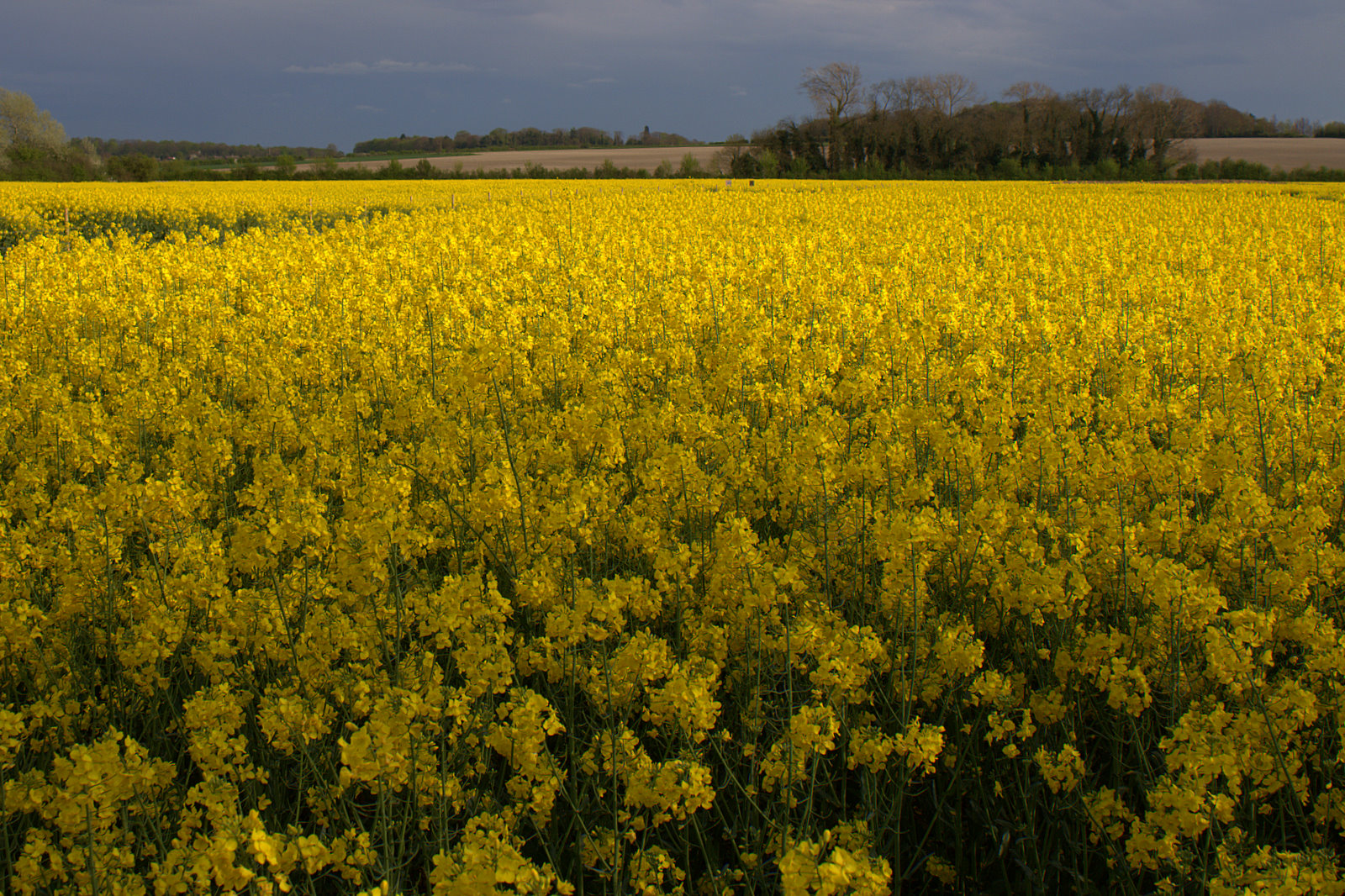Like many people, I am addicted to olive oil. Cold pressed extra virgin olive oil to be exact - golden, limpid nectar of the gods that it is. In saying so, I freely admit that I have been affected by foodie propaganda. Despite all the health benefits attributed to olive all - high levels of monounsaturates, omega 3 and 6 etc. - I doubt that any of us can honestly say that we spend all that extra money on cooking oil for the good of our health. There is a certain kudos associated with its use; after all, a salad dressing made with Spry Crisp n' Dry doesn't quite have the same ring to it.
Its apparently miraculous benefits have meant that it has been part of Jewish, Muslim, Catholic and Orthodox Christian ceremonies for centuries. Olive oil seems to conjure up images of sunbaked groves, of old widows in black shawls on their way to Mass, of the aching blue of the Mediterranean. In the midst of a schizophrenic Irish summer, even an action as simple as drizzling the amber liquid over salmon steaks evokes a pungent fantasy about a lazier, sunnier life.
However, in our quest for sustainability, shouldn't we question the wisdom of using a product which originates over 1000 miles away - even one so multifunctional and beneficial as olive oil? In recent years, rapeseed oil has been touted as a sustainable, healthy alternative. Irish companies such as Donegal Rapeseed Oil Co., Drumeen Farm and Derrycamma Farm are now producing oil for the Irish market.
Rapeseed, or Brassica napus is cultivated for animal feed, biodiesel, in addition to its uses as oil for human consumption. In its natural form, rapeseed is unpalatable due to its high levels of glucosinolates, a natural chemical compound which contains nitrogen and sulfer. Blucosinolates are found in large quantities in other brassica plants such as brocolli, Brussels sprouts and cabbage and are characterised by a bitter taste, but are believed to be inhibitors of certain types of cancer. It has been claimed that rapeseed oil contains some of the highest levels of monounsaturates among oils currently on sale, and has low quantities of saturated fats.
Breeding techniques have reduced amounts of glucosinolates in rapeseed in order to render the taste more pleasant; however, this has the effect of decreasing its beneficial properties, in addition to those of Erucic acid, the omega-9 fatty acid contained within the plant. Since high doses of erucic acid can be toxic to humans, and has even been implicated in health scares, not least its alleged connection with autism, rapeseed oil was not consumed by humans until the 1970s.
This new strain of rapeseed oil was developed in Canada, where it is known as canola. However, the growth of canola has been mired in controversy, as much of Canada's canola has seen heavily contaminated by genetically modified crops. Drumeen Farm's Second Nature Oils pledge to produce rapeseed oil containing: 'no potentially hazardous chemicals, synthetic fertilisers or use of genetically modified seeds'. The websites of Donegal Rapeseed Oil Co. and Derrycamma Farm contain no information about GM. The rather toothless nature of the Irish ban on genetically modified crops ('voluntary GM-free label'?) might render any GM-free promises meaningless.
Surely, the cultivation of rapeseed oil in Ireland must be a good thing. It provides a local, healthy alternative to olive oil, stimulates industry and goes some way towards encouraging sustainable product choices.
For more information on rapeseed oil in Ireland, see here.

No comments:
Post a Comment